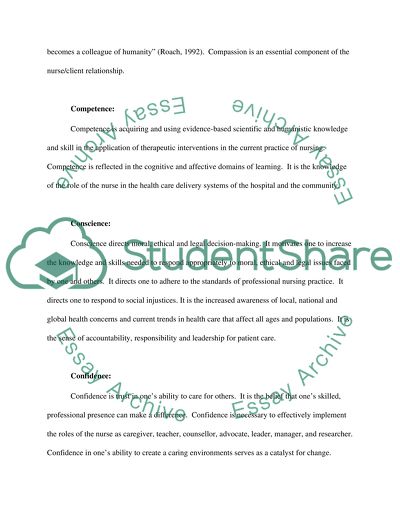Cite this document
(“Roach's 6Cs of Caring Book Report/Review Example | Topics and Well Written Essays - 1500 words”, n.d.)
Retrieved from https://studentshare.org/health-sciences-medicine/1513803-roachs-6cs-of-caring
Retrieved from https://studentshare.org/health-sciences-medicine/1513803-roachs-6cs-of-caring
(Roach'S 6Cs of Caring Book Report/Review Example | Topics and Well Written Essays - 1500 Words)
https://studentshare.org/health-sciences-medicine/1513803-roachs-6cs-of-caring.
https://studentshare.org/health-sciences-medicine/1513803-roachs-6cs-of-caring.
“Roach'S 6Cs of Caring Book Report/Review Example | Topics and Well Written Essays - 1500 Words”, n.d. https://studentshare.org/health-sciences-medicine/1513803-roachs-6cs-of-caring.


